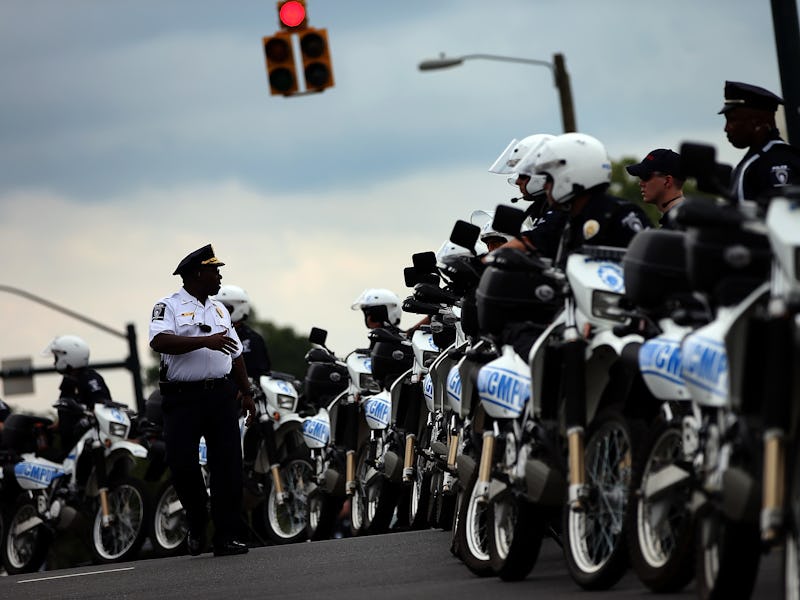Will Cities of the Future Have Off-Limits Zones?
A North Carolina city declares some areas off-limits for convicts.

The Charlotte-Mecklenburg Police Department has announced plans to institute “public safety zones,” The Charlotte Observer reports. The zones would be designated areas of the North Carolina city that the police chief deems to have increased crime rates. If a person were arrested in that zone, he or she could not return for a year if convicted of a crime. The Charlotte City Council will review the zoning proposal later this year.
The plan is meant to mimic Charlotte’s former prostitution-free zones, created in 2005 but since discontinued. During its time, Charlotte found prostitution rates in the zones dropped. In neighboring areas, however, there were noticeable increases. Within a mile of zones, for example, there was a 62 percent increase in “service calls.” Nevertheless, overall rates “in and around” the zones decreased.
Regardless of effectiveness, the zones could be unconstitutional. Public safety zones could violate the First Amendment’s right to freedom of association. So if a family member lives in a zone from which someone is excluded, that person cannot go visit. With exception, though, people with dependents (i.e., children) in the zone can return after arrest.
The public safety zones are a complicated issue that could both potentially harm and benefit locals. In theory, preventing those with criminal pasts from returning to a designated area keeps residents safer and discourages the proliferation of dangerous activities. In reality, however, it’s much more likely that arrests will spike in the zones, preventing locals from going to their homes. It’s truly unclear where someone is supposed to go if he or she is arrested and not sent to prison.
As it stands, CMPD’s proposal feels a bit incomplete with very severe consequences. Obviously, the city’s main concern is the community within the zone. Those who do not commit crimes should not be deterred. There’s just no telling what constitutes arrest and subsequent dismissal from the zone.